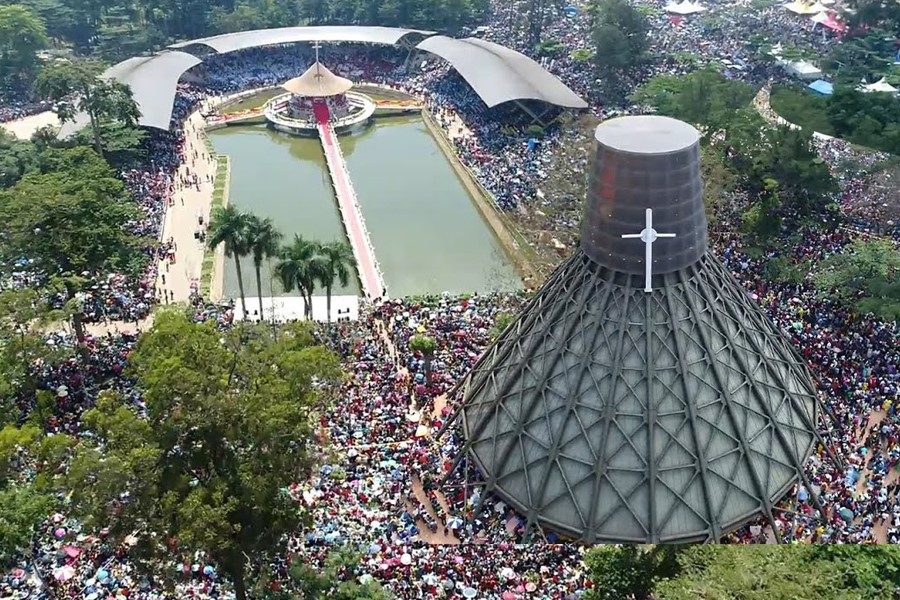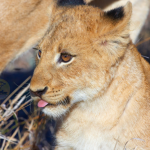Faith and Diversity: A Tour into Religion in Uganda in Detail.
Religion in Uganda; Popularly known as the Pearl of Africa, Uganda is not only gifted with breathtaking landscapes and rich biodiversity but also a lively and diverse religious landscape. Religion plays an important role in the lives of Ugandans, influencing their social, cultural, and political fabric. This article takes a closer look at major religions in Uganda, including their historical roots, cultural significance, and the spirit of coexistence that defines this nation of faith.
Religious Demographics of Uganda.
Religion in Ugandan culture is the key to the livelihood of its people; over 80% of the population have been adhering to one type of faith or another. Dominated by Christianity and Islam, many Ugandans still cling to indigenous spirituality, and some small religious communities exist in the country.
1. Christianity in Uganda.
Religion in Uganda is predominantly made up of Christians, estimated at about 84 percent of the population. The introduction dates back to the 19th century with the arrival of Christian missionaries from Europe who brought new faith and practices to the local people.
Roman Catholicism: The Roman Catholic Church is one of the largest Christian denominations in Uganda. French Catholic missionaries of the White Fathers’ order introduced the faith in the 1870s. The ground was fertile, and Catholicism soon began to take deep root. The Uganda Martyrs, early Christian converts martyred by Kabaka Mwanga II in the late 19th century, are among the most influential figures in Ugandan Catholicism. Today, their legacy is remembered every year on the Uganda Martyrs’ Shrine in Namugongo with pilgrims streaming from across the world.
Anglicanism (Church of Uganda): The Anglican Church is also well-representative in Uganda, introduced by British missionaries through the Church Missionary Society. The faith spread quickly, especially in the Buganda Kingdom, because it combined with education and health initiatives that the missionaries brought. The Church of Uganda is still a very influential institution, with its dioceses deeply set in the communities where they serve.
Pentecostal and Evangelical Movements: The Pentecostal and evangelical churches have drawn their following significantly over the last decades in Uganda. Dynamic worship, faith healing, and charismatic leadership, among other attributes of the movement, attract many, especially youth. Churches like Miracle Centre and Watoto Church represent the vibrant Christian expressions within the country.
2. Islam in Uganda.
Islam is the second religion in Uganda after Christianity, taking about 14% of the population. Its introduction is earlier compared to Christianity since Arab traders introduced the faith through trade routes from the East African coast in the mid-19th century.
Sunni Islam: The majority of Ugandan Muslims are Sunni, adhering to the majority Islamic faith. Mosques and Islamic schools, or madrasas, are at the heart of spiritual and educational life for Muslim communities.
Landmarks and Influence: Gaddafi National Mosque in Kampala is the largest mosque in Kampala, one of the biggest in the region, and represents one of the main points of Ugandan Muslims. Besides the fact that the mosque was a place for praying, it also is a point for cultural and education activities.
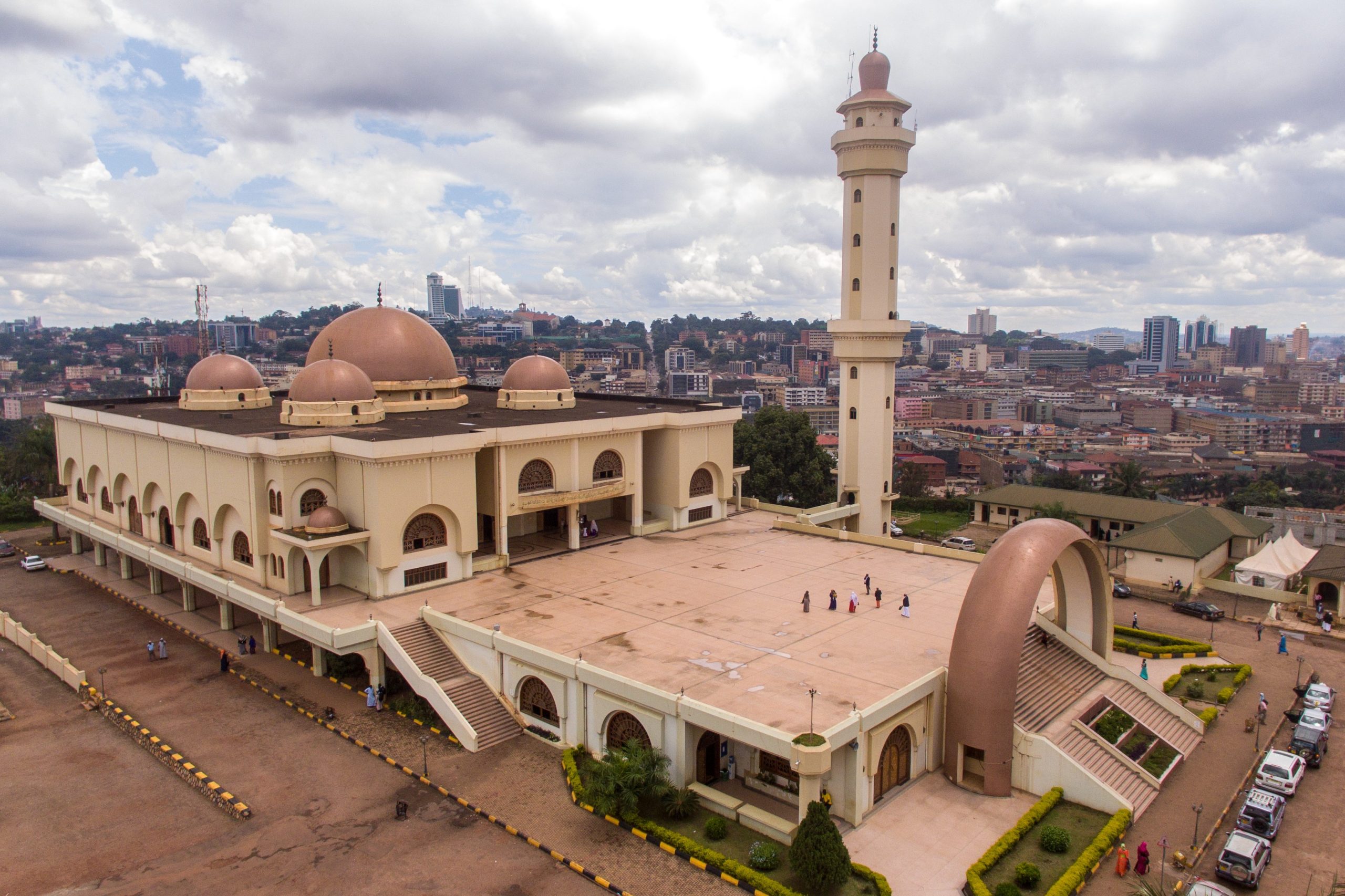
3. Indigenous spirituality.
Before the coming of Christianity and Islam, indigenous spiritual beliefs were practiced by Ugandans, most of which still influence cultural practices to date. Indigenous spirituality largely centers on the veneration of ancestors, spirits, and nature.
Key Practices and Beliefs: Traditional Ugandan spirituality has more to do with rituals, divination, and healing practices, often performed by a spiritual leader or healer locally referred to as a Bachwezi or Jajja. These are done, especially in rural areas but incorporated into modern religious life by the majority of Ugandans.
Cultural Integration: Some people in Ugandan communities identify with a modern religion and their ancestral beliefs, hence living a unique blend of faiths. For instance, there are those who, besides Christian or Islamic prayers, perform some traditional ceremonies like okulya oluwombo (ancestral appeasement).
4. Other Religious Communities.
Equally represented in Uganda are the small but very lively religious communities.
Bahá’í Faith: The Bahá’í Faith has an extensive following in Uganda, and the Bahá’í House of Worship in Kampala is one of only seven such temples in the world. This quiet temple draws visitors of all walks of life and is a sign of unity and peace.
Hinduism and Buddhism: Hinduism and Buddhism came with the immigrants from India, most especially during the colonial period. These religions are confined within the Ugandan-Indian communities, having their temples and celebrating their cultural festivals that uphold their traditions.
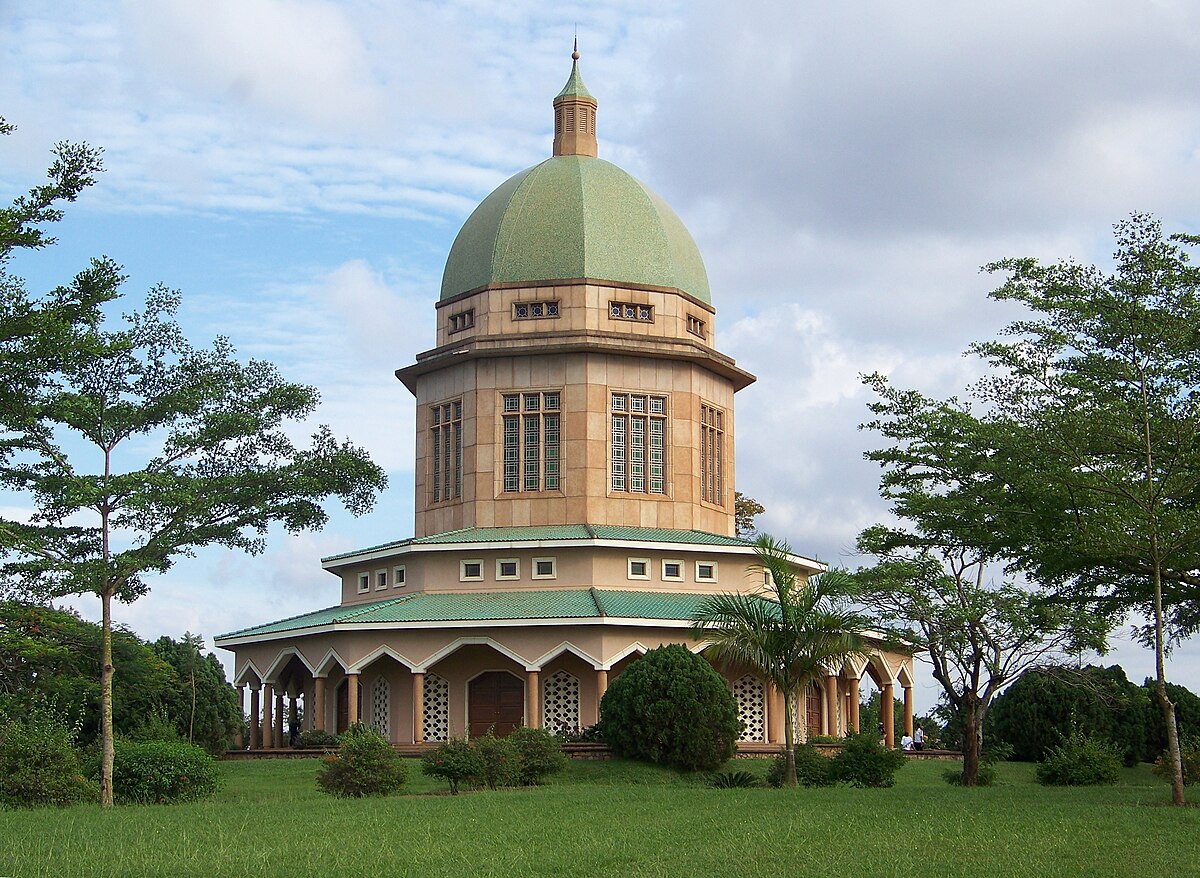
Religion and Culture in Uganda.
Religion in Uganda is greatly intertwined with the culture of the nation. All major religious festivals like Christmas, Easter, Eid al-Fitr, and Eid al-Adha are celebrated with great pomp, at times breaking across religious lines as communities join in.
The themes of traditional Ugandan music, dance, and storytelling most often relate to spiritual matters. Spiritual heritage intertwines with religious and cultural heritages. In Buganda Kingdom, for example, the Kabaka plays a ceremonial role in religious and cultural events-a connection between traditional authority and spirituality that has lasted for a long time.
Religious Harmony in Uganda.
Uganda is highly tolerant religiously. People of different faiths live and work together, and marriages among people from different faiths are not rare. The government does much to ensure religious freedom, and some organizations, such as the Inter-Religious Council of Uganda, work toward greater dialogue and cooperation among various religious groups.
Role of Religion in Tourism to Uganda.
Religion contributes a great deal to the tourism industry in Uganda through pilgrims who come to visit these sacred places and festivals. The Uganda Martyrs’ Catholic Shrine in Namugongo, Gaddafi National Mosque, and Bahá’í House of Worship are some of the most famous spiritual places in Kampala. Some religious events, like Martyrs’ Day, attract millions of pilgrims every year, boosting local economies and cultural exchange. Religious tourism in Uganda identifies the country’s many-faceted faith heritage and encourages unity, reflection, and a deeper appreciation of its rich spiritual and cultural heritage.
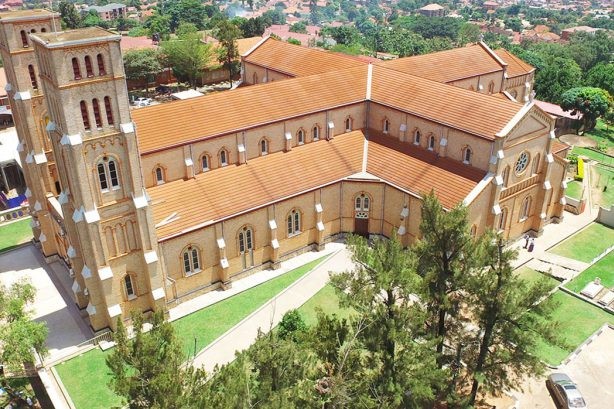
The Contribution of Religion to National Development.
Religious bodies in Uganda are at the forefront in promoting social and economic development.
Education: Some of the best schools in the country include missionary-founded schools such as St. Mary’s College Kisubi and Gayaza High School.
Healthcare: Church-founded hospitals, including Nsambya Hospital (Catholic) and Mengo Hospital (Anglican), offer essential health care services to the people of Uganda, often to under-served communities.
Social Welfare: Faith-based organizations lead in charitable events, taking care of orphans, refugees, and other similar groups.
Challenges to Religion in Uganda.
Despite all this, religion in Uganda has problems associated with it.
Religious Fundamentalism: Although rare, acts of fundamentalism do pose an occasions threat to peace.
Commercializing Religion: In recent times a number of cases have appeared where the so-called representatives of spiritual groups are accused of converting Ugandans for financial returns.
Inter-denomination Disputes: Conflicts between denomination-land and leadership disputes in and among religious groups often arise periodically.
Remarks on Religion in Uganda.
Religion in Uganda varies from being a matter of personal belief to an important ingredient in the character and identity of the nation. From Christianity through Islam to indigenous spirituality and onto smaller communities, with all the richness of faiths across the board, Uganda is a fine example of how religious harmony has thrived in diversity. From the grand landmarks dotting the landscape, such as the Uganda Martyrs’ Shrine, to quiet faith and communal coming together, religion serves for Ugandans both as strength and as a uniting, hopeful force.


